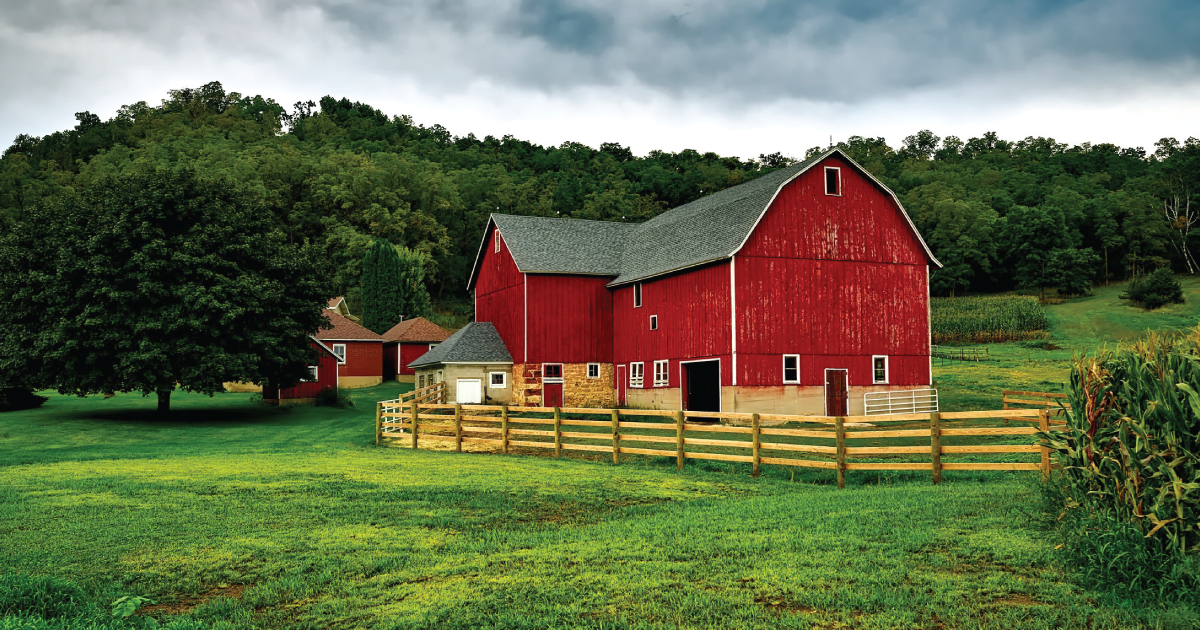
The Hidden Dangers of Farming: A Family’s Silent Struggle with Toxic Contamination
In the picturesque outskirts of Durham, New Hampshire, Allison Jumper epitomized the ideal of healthy living. Her family enjoyed an active lifestyle, engaged in regular outdoor activities, and savored wholesome, organic meals. A vital part of their diet came from their in-laws’ farm in Maine, where they sourced their organic beef, assuring themselves they were eating clean and nutritious food. However, a shocking revelation in late 2020 shattered this idyllic view.
The alarming news came from her brother-in-law: high concentrations of harmful substances known as “forever chemicals” had been found on their farm, and as a result, it was being shut down. These chemicals, which do not easily break down in the environment, are linked to various health issues, including certain types of cancer and liver diseases. For families who prioritize organic farming and healthy lifestyles, this kind of news can feel like a nightmare.
Initially, Jumper’s primary concern was for her in-laws’ financial stability and emotional distress. Farming is not just a livelihood; it’s a way of life deeply woven into the family’s fabric. However, as she absorbed the grim facts, her thoughts began to drift toward her own children. They had been experiencing unexplained health issues that included alarmingly high cholesterol levels, which is quite unusual for kids so young. The realization hit her with a tectonic force: “Could it be the beef?” she pondered, a dreadful question echoing in her mind.
As the pieces fell into place, the horrifying truth emerged: the farm had been fertilized years prior with sewage sludge contaminated with toxic chemicals. Unbeknownst to the Jumper family, this practice had allowed their cattle to graze on impure pastures, saturating their milk and meat with dangerous substances that were now posing dire health risks. For years, they had consumed this contaminated beef, believing it to be a bastion of health.
This unsettling situation shines a spotlight on an issue that many consumers are blissfully unaware of: the hidden dangers of agricultural practices and the implications of food sourcing. Reports and studies have increasingly highlighted the presence of “forever chemicals,” scientifically known as per- and polyfluoroalkyl substances (PFAS). These man-made chemicals are prevalent in industrial applications, including firefighting foams, non-stick cookware, and various food packaging materials. Unfortunately, the permittance of such chemicals in farming practices has led to severe public health risks, highlighting the urgent need for legislative action and better regulatory oversight.
For families devoted to organic or farm-fresh diets, this revelation can feel like a betrayal by the very systems meant to ensure food safety. People rely on the assumption that if they buy organic or locally sourced foods, they are inherently safe. However, as Jumper’s story demonstrates, this is not always the case. The food supply chain can be riddled with hidden dangers, especially in regions where industrial waste management has historically fallen short.
Beyond personal tragedies like the Jumper family’s, this scenario raises broader questions about agricultural practices, governmental regulations, and the transparency of food sourcing. With increasing awareness surrounding food safety, both consumers and policymakers must advocate for better standards and practices that prioritize public health over convenience or profit.
Adding another layer of complexity is the emotional toll that such discoveries can take on families. The Jumper family’s experience is not just about the physical repercussions of consuming tainted food but also the parental guilt and fear over their children’s health. As they grapple with the implications of this contamination, many families find themselves at a crossroads, questioning their dietary choices and seeking answers about the safety of their food.
For those impacted by similar situations, the first step is awareness. Families must be diligent in researching where their food comes from, seeking out farms and food producers who prioritize safety and sustainability in their practices. Advocacy groups and local health departments can also play a crucial role in helping families navigate the complexities of food safety.
As for Allison Jumper and her family, their story serves as a cautionary tale in today’s complex food landscape. It highlights the need for vigilance and ongoing discussions about safe agricultural practices. One family’s journey can resonate across communities, urging us all to demand transparency in our food sources and fostering a safer environment for future generations.

